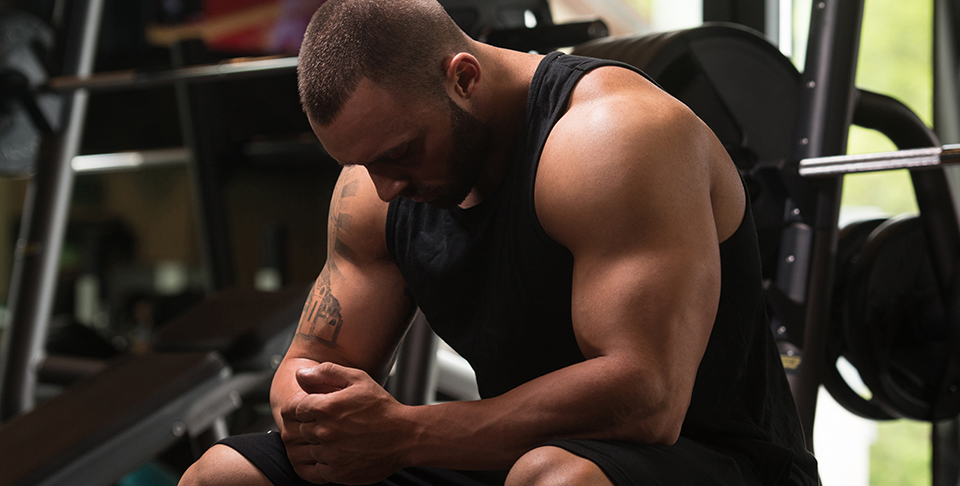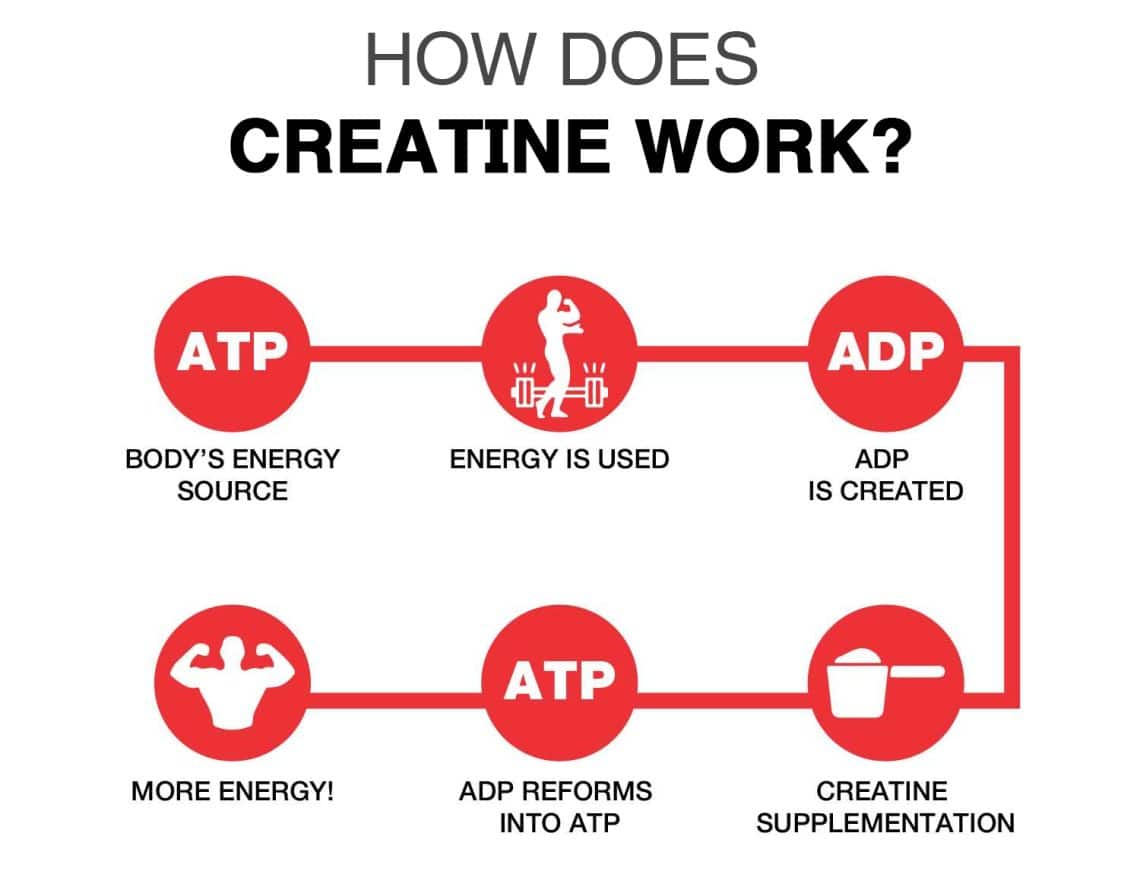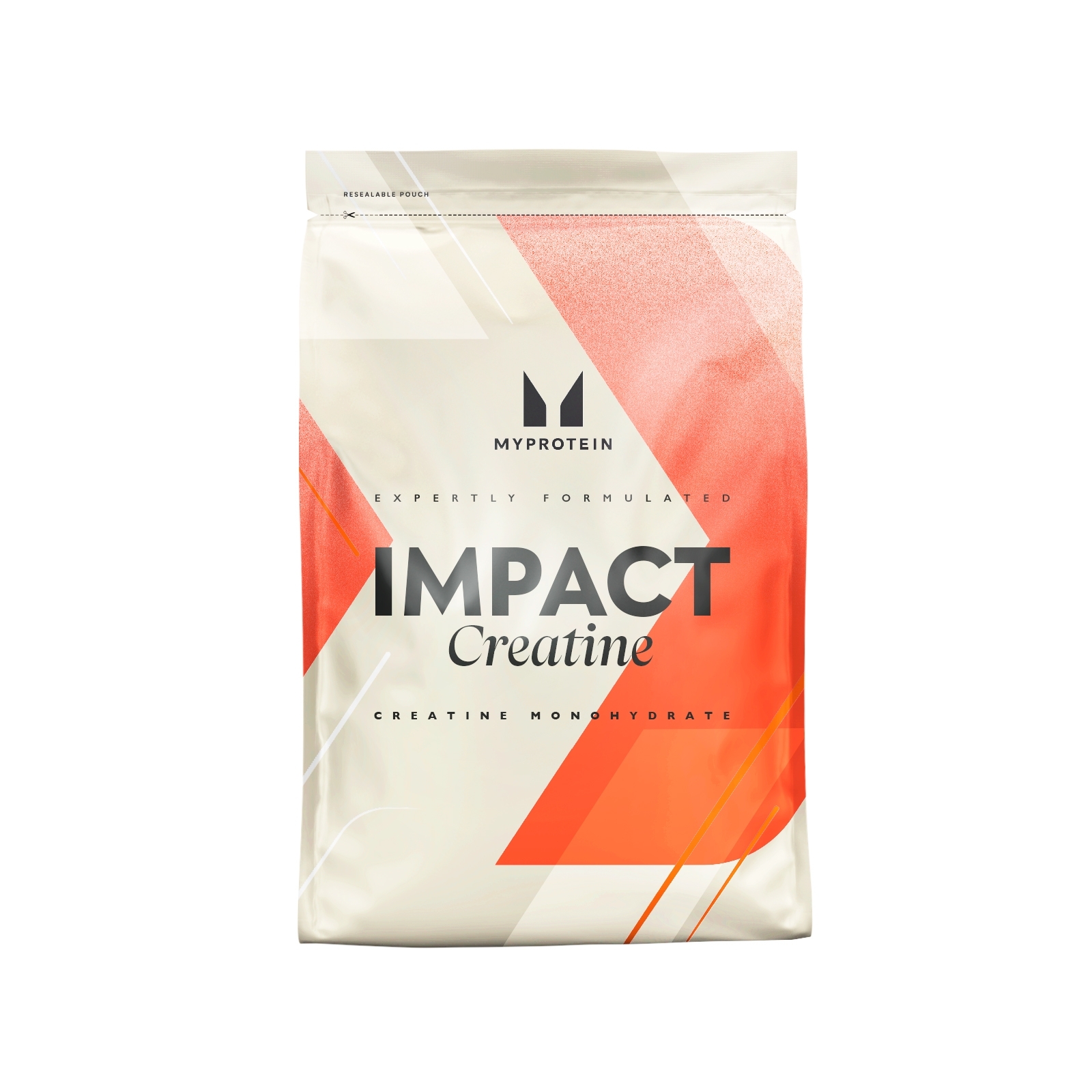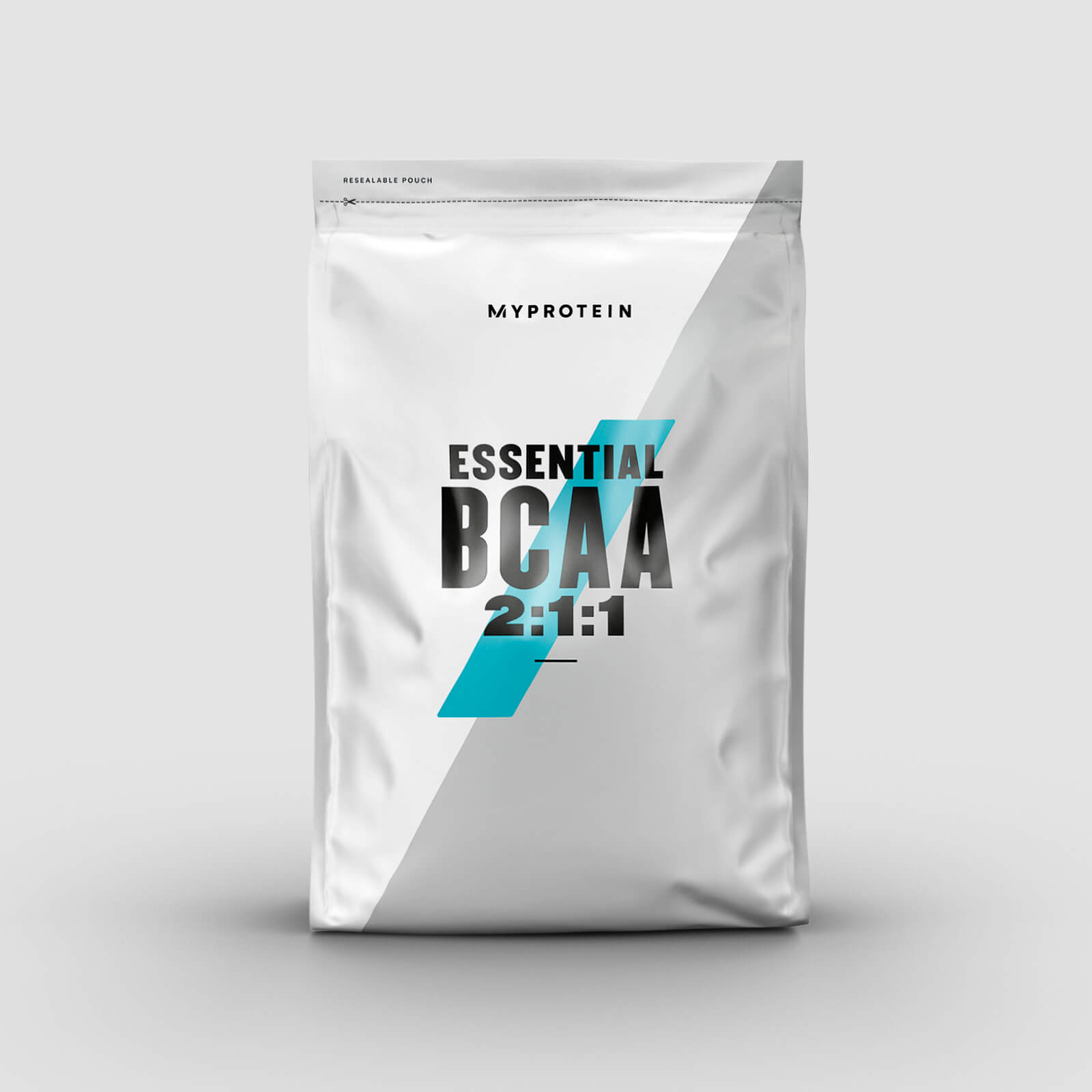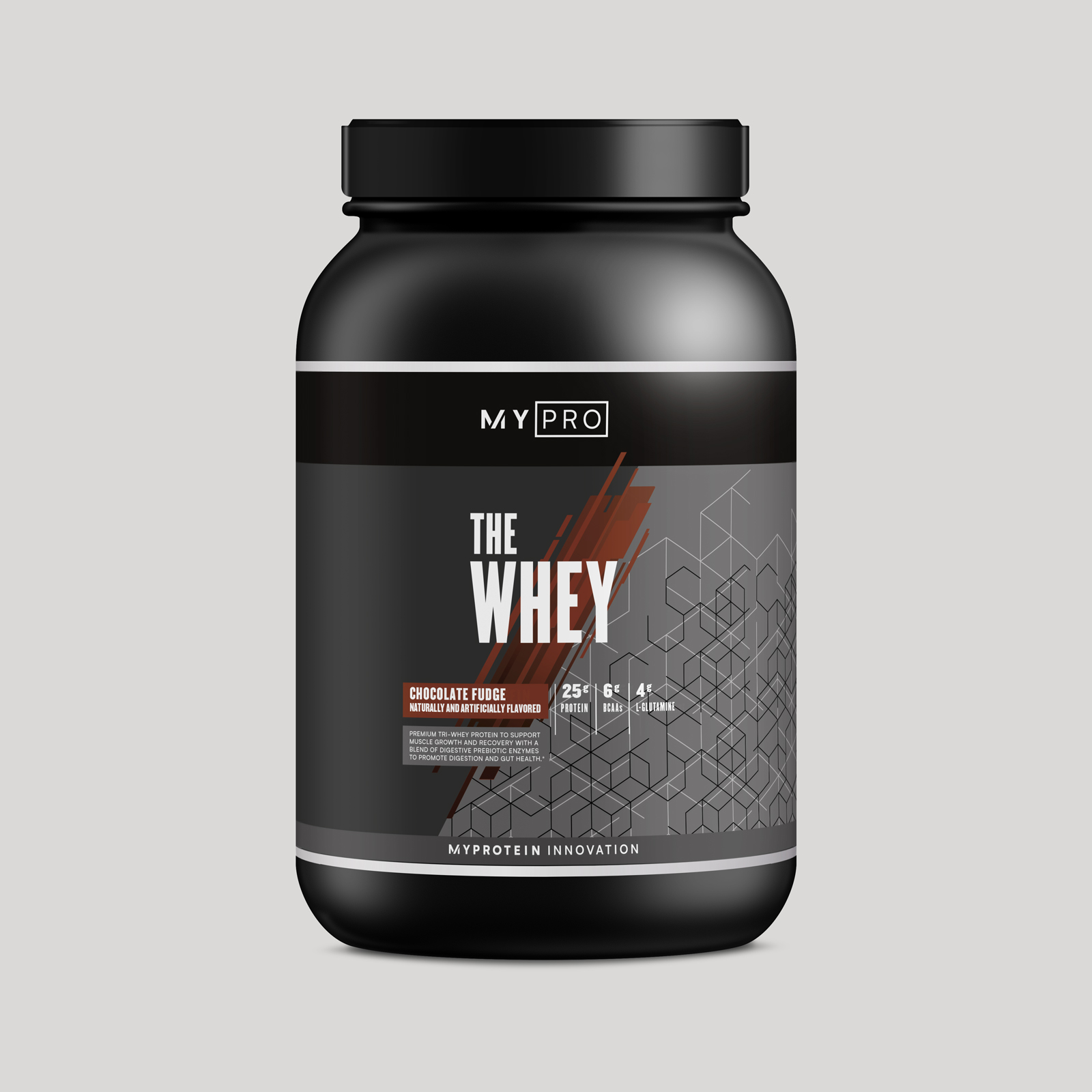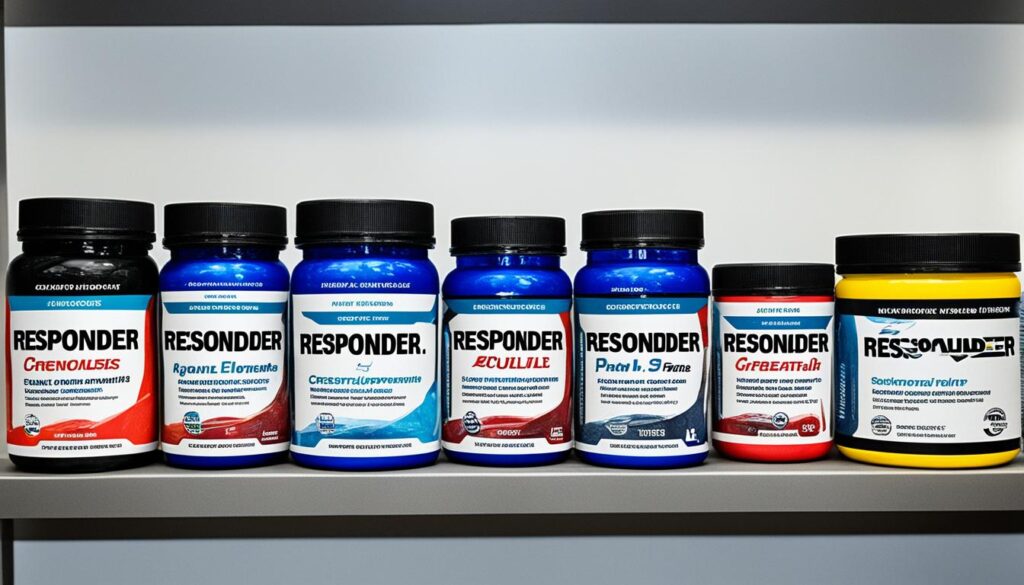How To Know If You Are A Creatine Non Responder

Creatine, the champion supplement for muscle growth and performance, doesn't work for everyone. Are you pouring down the powder but seeing zero results? You might be a non-responder.
This article breaks down the key indicators that signal you’re not benefiting from creatine supplementation, cutting through the confusion and providing actionable insights.
What is a Creatine Non-Responder?
Simply put, a non-responder experiences minimal to no positive effects from creatine supplementation. While most individuals see noticeable gains in strength, power, and muscle mass, roughly 10-30% experience little to no benefit.
Who is Affected?
Genetics play a significant role, with some individuals naturally possessing higher creatine levels or more efficient creatine transport mechanisms. Vegans and vegetarians, who often have lower baseline creatine levels, typically see a more pronounced response, conversely, individuals with already high muscle creatine saturation may find creatine less effective.
The Journal of Strength and Conditioning Research has published studies suggesting a genetic predisposition linked to creatine uptake.
How to Identify Non-Response: Key Indicators
The primary sign of non-response is the lack of expected physiological changes after a sufficient creatine loading and maintenance phase.
1. No Strength Gains: Are you consistently hitting the gym but your one-rep max isn’t budging? Creatine typically boosts strength; a lack of progress here is a red flag. Monitor your strength gains over a 4-6 week period during supplementation.
2. No Increase in Muscle Mass: Expect a slight water weight gain initially, but if you observe no tangible muscle growth after several weeks of consistent training and creatine use, it's a cause for concern. Use a tape measure to track muscle circumference at the bicep, thigh, and calf. Compare these measurements against pre-supplementation baseline values.
3. No Improvement in Power Output: Creatine enhances explosive power. If your sprint times, vertical jump, or other power-based activities aren't improving, you might be a non-responder. Use objective measures like jump height and sprint times to track power output.
4. Inadequate Creatine Loading: Improper loading can skew results. Ensure you're following a proper protocol: either a loading phase of 20 grams per day for 5-7 days followed by a maintenance dose of 3-5 grams daily, or a consistent daily dose of 3-5 grams.
5. Timing and Dosage: Supplement timing and inadequate dosage can impact results. Take creatine post-workout or with a carbohydrate source to enhance absorption. Ensure you are taking the correct dosage for your body weight.
6. Consider Creatine Form: Some individuals respond better to certain forms of creatine. While creatine monohydrate is the most well-researched and cost-effective, creatine ethyl ester, creatine hydrochloride (HCL), and buffered creatine (Kre-Alkalyn) are alternatives. However, research is still ongoing to prove those forms are more effective than creatine monohydrate.
When to Assess and Reassess
Allow a minimum of 4-6 weeks of consistent creatine supplementation combined with regular resistance training to assess your response accurately. After this period, evaluate strength, muscle mass, and power output improvements.
If you see no noticeable changes, consider stopping supplementation for a period to allow your body to return to its baseline state and reassess.
Where to Track Progress
Track your progress in a detailed workout log. Record sets, reps, weight lifted, and any changes in body composition measurements. Use a standardized protocol for assessing power output like jump tests, sprint times and wingate test.
Tools like body composition scales or DEXA scans can provide more precise data on muscle mass changes. Using standardized testing can improve data reliability.
Why Does Non-Response Occur?
While the exact mechanisms aren’t fully understood, several factors contribute to non-response. These include genetic predisposition, high baseline creatine levels, insufficient muscle fiber type distribution (a lower percentage of type II muscle fibers), and impaired creatine transport.
According to research published in the European Journal of Applied Physiology, variations in the SLC6A8 gene, which encodes for the creatine transporter protein, may influence creatine uptake.
Next Steps and Ongoing Developments
If you suspect you're a non-responder, the first step is to consult with a registered dietitian or certified sports nutritionist. They can review your diet, training program, and supplementation protocol to identify potential issues. Consider cycling off creatine for a period and then reintroducing it later with a different protocol or form.
Ongoing research explores novel creatine formulations and strategies to enhance creatine uptake in non-responders. Stay informed about these developments to potentially unlock the benefits of creatine supplementation in the future. Don’t blindly follow trends without evaluating their effectiveness.
If you’re not seeing results, don’t waste your money and time. Invest in proper nutrition and training.
Disclaimer: This information is intended for general knowledge and informational purposes only, and does not constitute medical advice. It is essential to consult with a qualified healthcare professional for any health concerns or before making any decisions related to your health or treatment.

